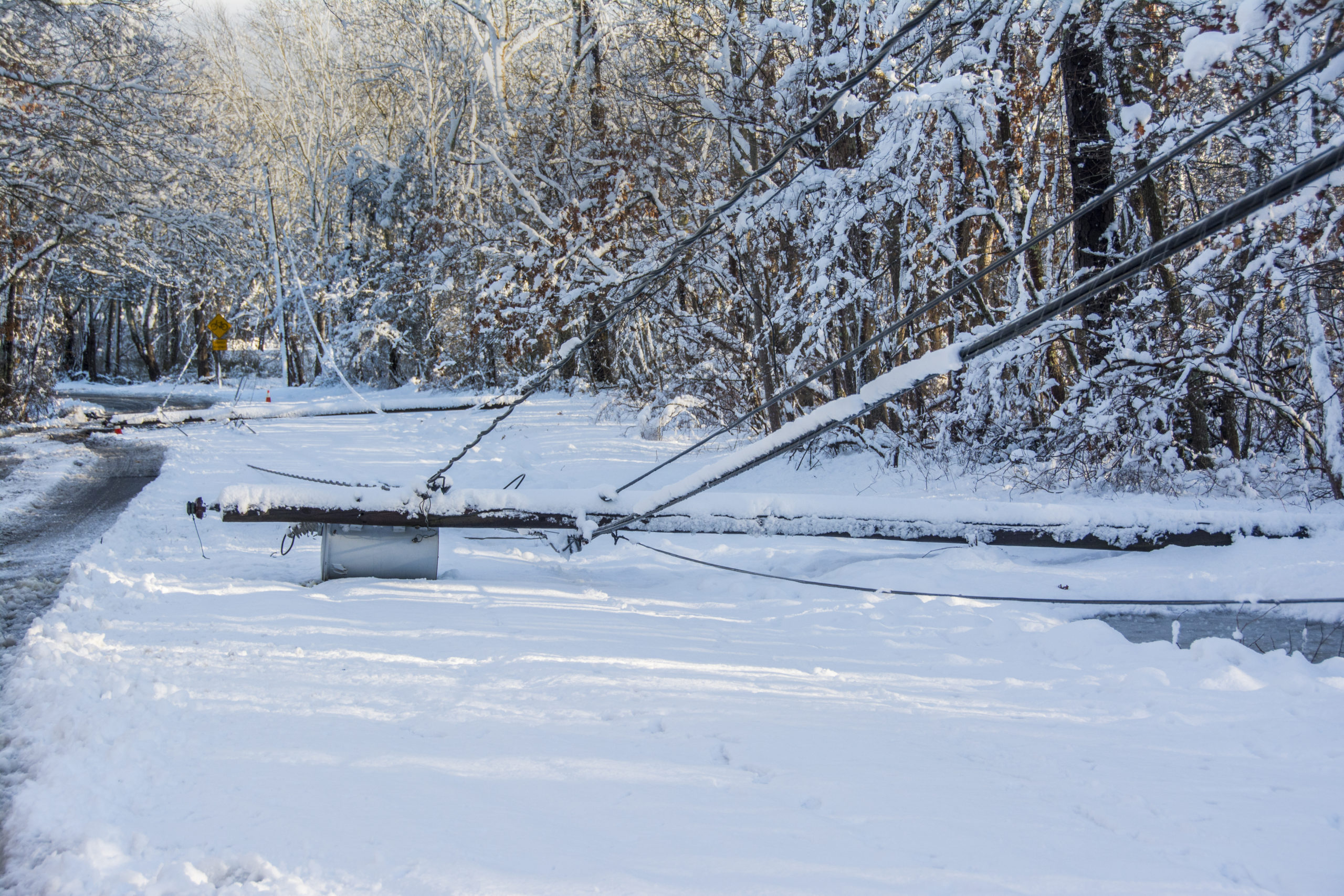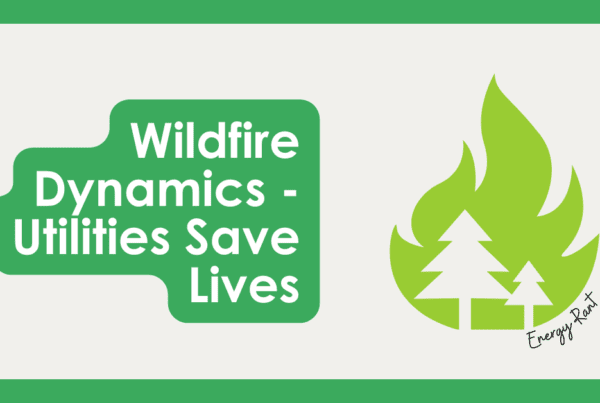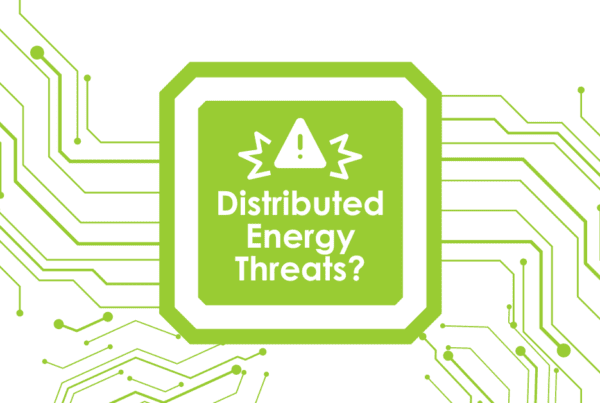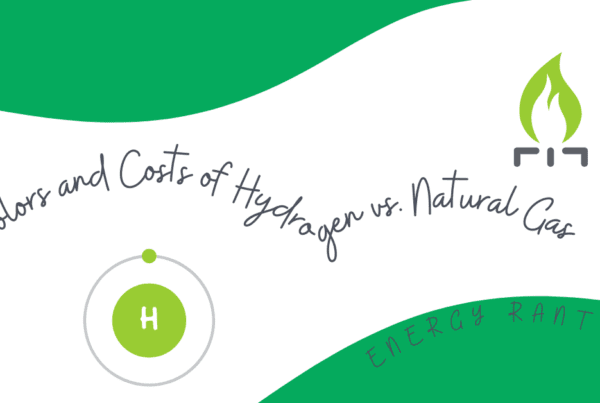
We’re picking up where I left off a couple weeks ago with the dead kWh. That post was based on the Public Utilities Fortnightly article, cleverly titled, The Kilowatt Hour is Dead – Don’t Send Flowers. For that, I focused on whether or not customers will get involved and make a significant impact on a boring 1.3% of their life expense. That 1.3% is the slice taken up by electricity costs of the average consumer. This time, I’m training my laser on an old-school thought from utilities AS EXPLAINED BY[1] the author, Mark Gabriel, the CEO of the Western Area Power Administration.
Simple Math
Mr. Gabriel writes about the way utilities think, and that way of thinking is based on the 100-year-old cost-of-service model. The cost-of-service model starts with the regulated monopoly, which has captive customers with no other options. The utility makes its case to the regulators:
- It costs me A to serve my customers.
- I need B to pay interest on my debt for my bondholders.
- I need C to pay dividends to my stockholders.
A+B+C = Revenue requirement
B and C represent the cost of capital in poles, wires, substations, and power plants. A includes fuel, tree trimming, storm repair, employees, etc.
No other industry works this way. The price of everything else is set by the market. Choices, types, quality, delivery channels, and volumes of products abound. In many cases, the choice is to buy or not to buy. In other cases, it’s option A, B, through ZZZ.

Dated Thinking
To Gabriel’s quotes of the old-school, this-is-the-way-it-will-always-be utility:
- “[Customers] must still get electrons [from us].” He says, consider cable, versus satellite, versus Hulu.
- “Regulators will not allow it.” When was the last rate case for telephony?
- “Someone has to have capacity.” True, he says. But that value has disappeared in many markets.
- “We cannot have stranded assets.” True, but this pushes more customers to alternatives.
- “It is not cost-effective.” This quote sparked my last post, and Kristin’s post last week. Consumers are notoriously irrational, emotional creatures.
Consumers are Irrational. Businesses are Analytical.
I would heed to the irrationality of consumers, as I started to describe in The Millennial Threat and Opportunity for Utilities, because irrationality is a big driver for innovation.
Consider electric cars, which I lampooned numerous times in this blog going back eight years to A Frivolous Novelty. The desire for electric cars is irrational due to the many big barriers. A big barrier thrown up since I wrote that way back in 2010 is hydraulic fracturing for cheap oil. But the persistent tiny flame of demand for electric cars continues to burn (irony alert). If people want it bad enough, it will arrive.
Utilities have the opportunity to give consumers what they want. If consumers do not get what they want, the irrationality risk will kick in and become a threat to the monopoly. How so? Communities may vote to municipalize. Customers will search for alternative sources of power, including solar, batteries, and natural gas.

Utilities have two choices in these cases: assist customers with what they want through the regulatory process or resist through the regulatory process. The latter can be riskier than the former.
Knowledge is Power
How many customers know it costs $50 a month, simply to be connected to the grid? 0.000x%? It would seem to make sense to consumers that it costs $50 considering meters, meter reading, poles, wires, storm damage, billing, account transfers, and tree trimming all exist. I think I read this before.
But rather than explaining this, what I’ve seen, it seems dozens of times, utilities increase their fixed charge with no meaningful explanation. Customers get fired up like a pack of yellow jackets whose nest was just wapped by the string trimmer. This sets off some percentage of customers to damn the utility and generate more of their own electricity. It sparks the entrepreneurship of alternative energy supplies to meet consumer desires.
The moral of the story is nothing lasts forever. Alternatives will come. Not giving customers what they want through the regulatory system we have today will hasten the end of the status quo. The crazy becomes the very irrational. The very irrational becomes irrational. At that point, look out. The irrational just may become rational.
[1] Making it clear these are Mr. Gabriel’s statements.






Join the discussion One Comment